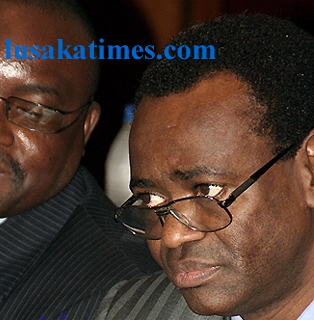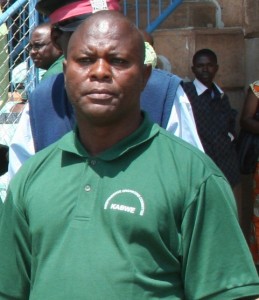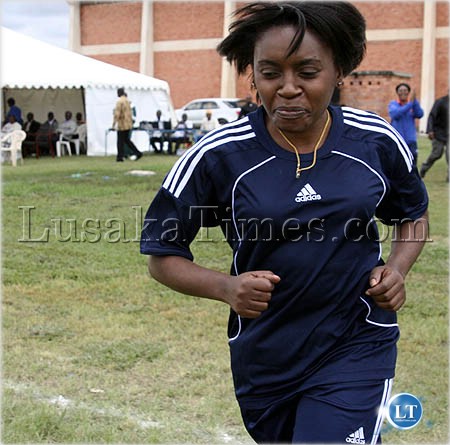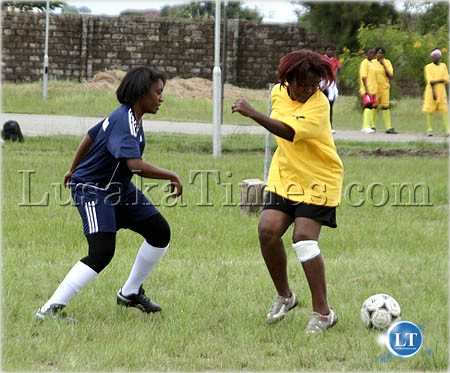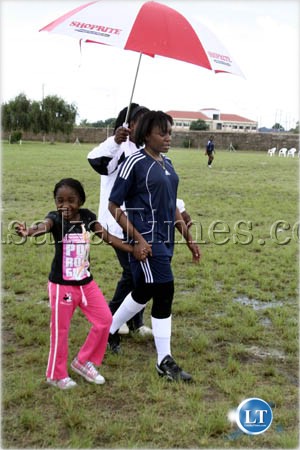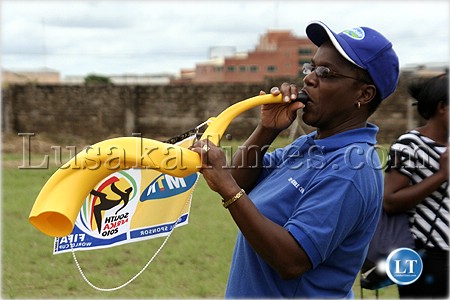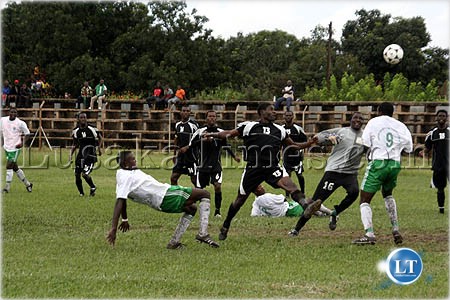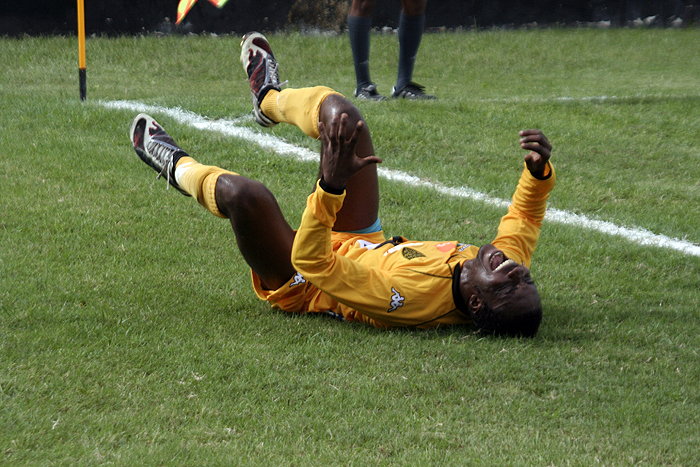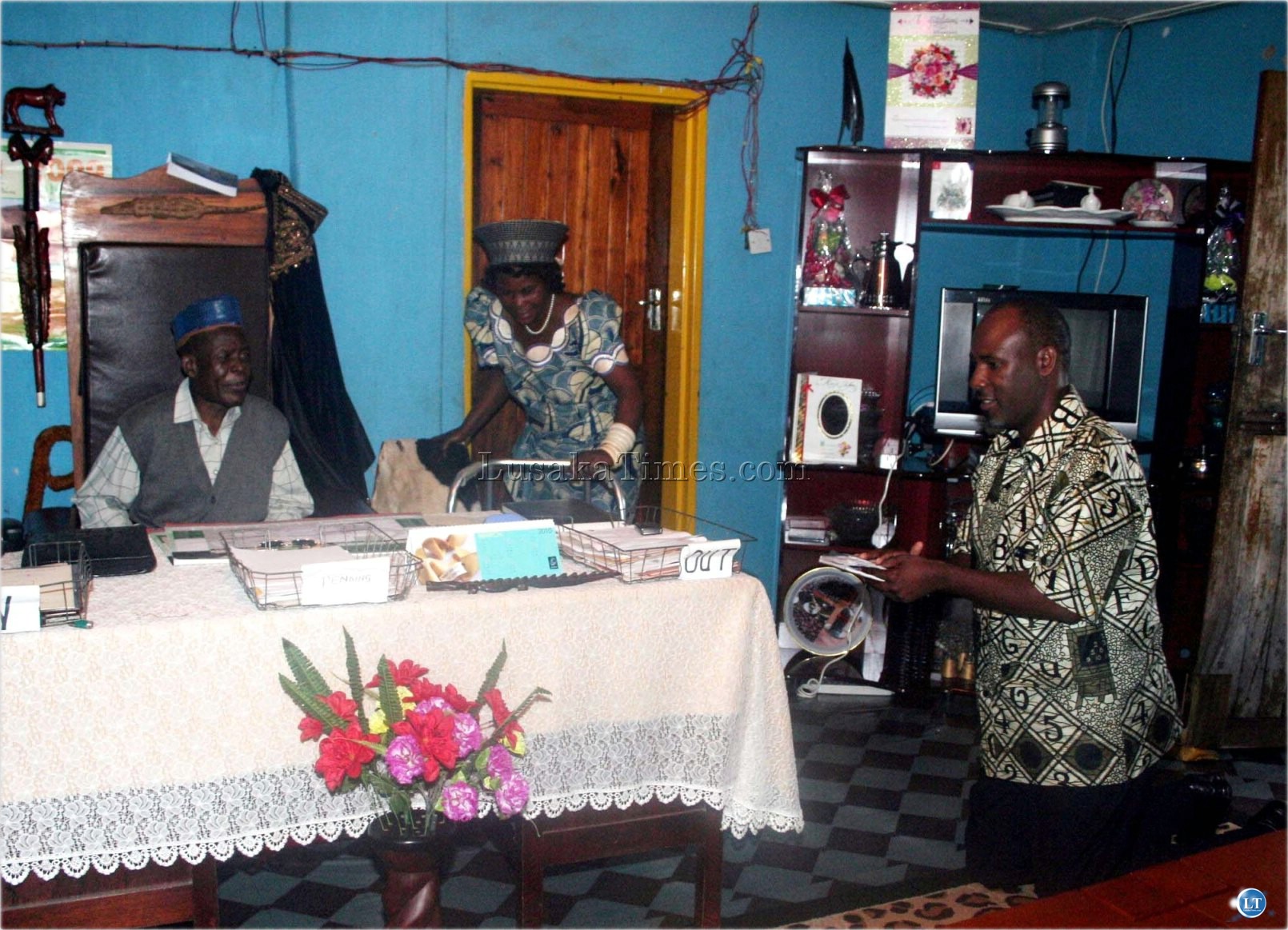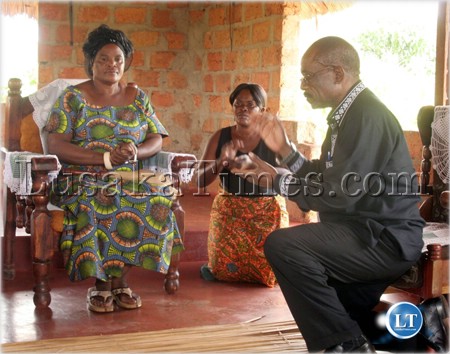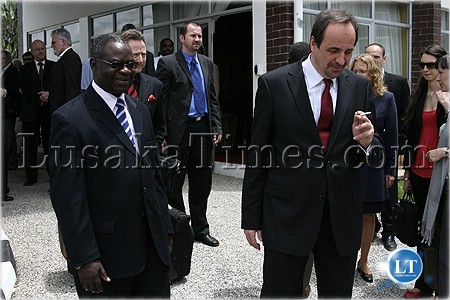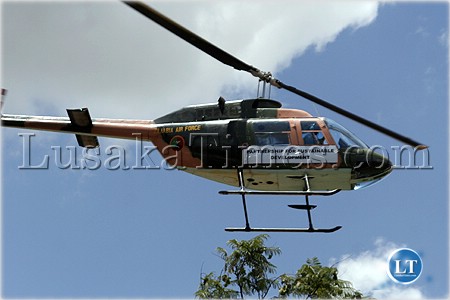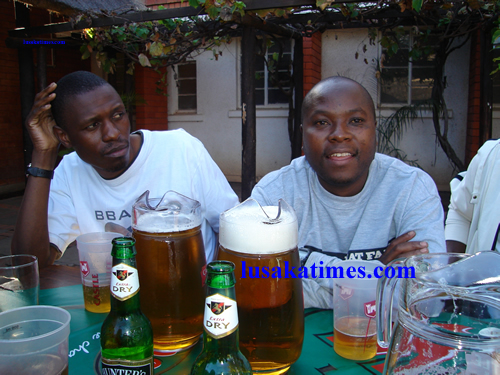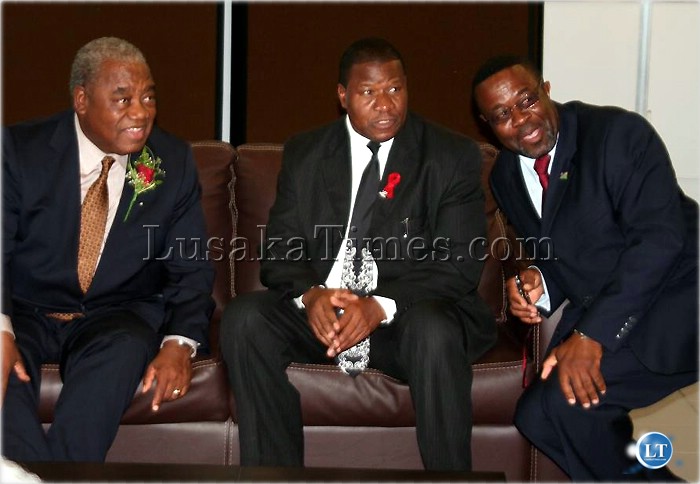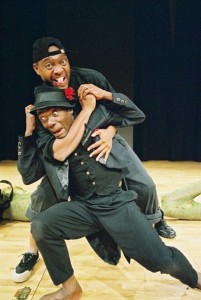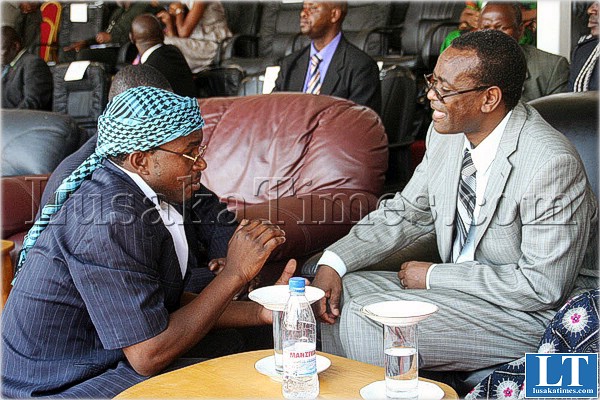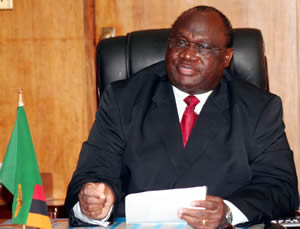With elephant poaching on the rise, a United Nations-sponsored conservation group on Monday rejected a bid by Tanzania to ease a ban on international ivory sales to permit a one-off sale of some 90 tons of its stocks. A separate effort by Zambia to secure a future relaxation of the prohibition was also turned down.
Conservationists in the United States, Europe and other parts of Africa had argued that Tanzania had not combated poaching of elephants and the illegal ivory trade, but Tanzanian officials said the elephant population in their country had more than doubled in recent years to 137,000 in 2006 from 55,000 in 1989.
The sale would have been worth some $20 million.
Zambia had also been seeking permission to hold a sale of more than 21 tons of its ivory stocks, arguing that its elephant population of 27,000 was “steadily increasing.” But after the Tanzanian bid was rejected, Zambia withdrew its proposal, The Associated Press reported, in hopes of winning approval for eventual sales in the future.
Despite support from the United States and some European countries, the Zambian plan was opposed by most African nations, The A.P. said.
The illegal ivory trade is a fraught issue among conservationists. Since 1989, the international trade has been outlawed by the 175-nation Convention on International Trade in Endangered Species of Wild Fauna and Flora, known by its acronym, Cites, which is meeting in Doha, Qatar, to debate an array of animal conservation issues related to endangered species.
The rejection of the Tanzanian and Zambian proposals represented a rare victory for conservationists at the Doha meeting. Last week, delegates soundly defeated American-supported plans to ban international trade in bluefin tuna and to protect polar bears. Since 1989, Cites, based in Geneva, has permitted occasional one-off sales of stocks of tusks captured from poachers or taken from animals that died of natural causes.
Some African countries, including Kenya and Mali, have maintained that any legalization of the ivory trade leads to renewed poaching by organized gangs who sell illicit ivory goods principally in China. International conservation groups have also opposed an easing of the ban.
“To permit any step towards further trade in ivory makes no sense whatsoever,” said Jason Bell-Leask of the International Fund for Animal Welfare, in a statement before the Doha meeting. “It flies in the face of every basic conservation principle.”
Southern Tanzania, the International Fund for Animal Welfare said, “has been a poaching hot spot for the past few years.”
Carlos Drew, a spokesman for the World Wildlife Fund, said after Monday’s decision: “Governments made the right decision by rejecting Tanzania’s proposals. It is not the right time to be approving ivory sales due to increased elephant poaching in central and western Africa,” The A.P. reported.
But other groups maintain there is no evidence of a link between one-off sales and poaching.
In its proposal for an easing of the ban, Tanzania said its plan “aims at promoting sustainable conservation of the elephant population” by reinvestment of profits from a one-off sale in wildlife conservation and in support for “development activities of communities living within the elephant ecosystems.”
“Rural people do not tolerate the presence of elephants unless the costs of living with elephants can be offset by economic benefits derived from elephants,” the proposal said.
The Zambian proposal echoed the Tanzanian argument, saying “the primary risk to the long-term survival of the elephant in Zambia is not international trade but increasing conflicts with legitimate human interests such as agriculture as shown by the rising number of human-elephant conflicts.”
“The Zambian government by law owes it to the rural communities to conserve and to benefit from wildlife resources in a serious partnership,” the proposal said. “Situations where human beings rise against the elephant due to rising incidences of crop damage, injury and worse still loss of human life cannot be tolerated in an era where various sustainable use options for intervention exist” in other southern African countries.
[NYT]
